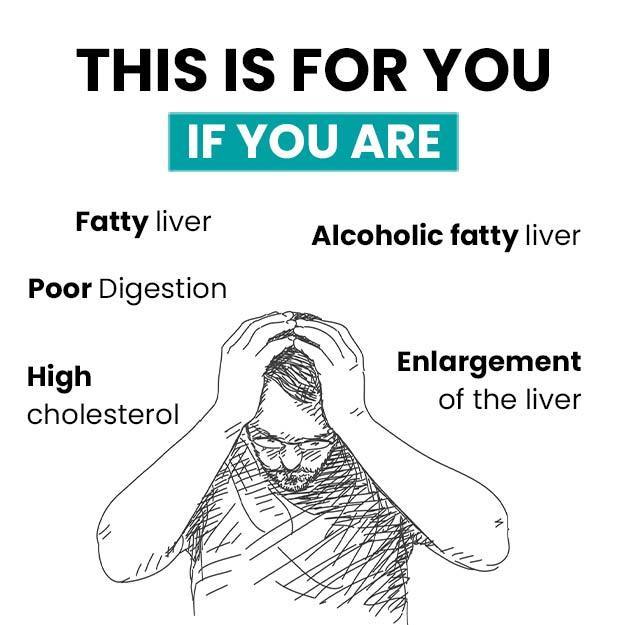Liver metastasis is a cancerous tumor that spreads to the liver from cancer that started somewhere else in the body. It is also called secondary liver cancer. Primary liver cancer originates in the liver and usually affects individuals who have risk factors such as hepatitis or cirrhosis. Most of the time, liver cancer is secondary or metastatic. The cancer cells found in metastatic liver tumors are not liver cells. They are cells from the part of the body where the cancer started.
Read more - (Liver Infection)






























